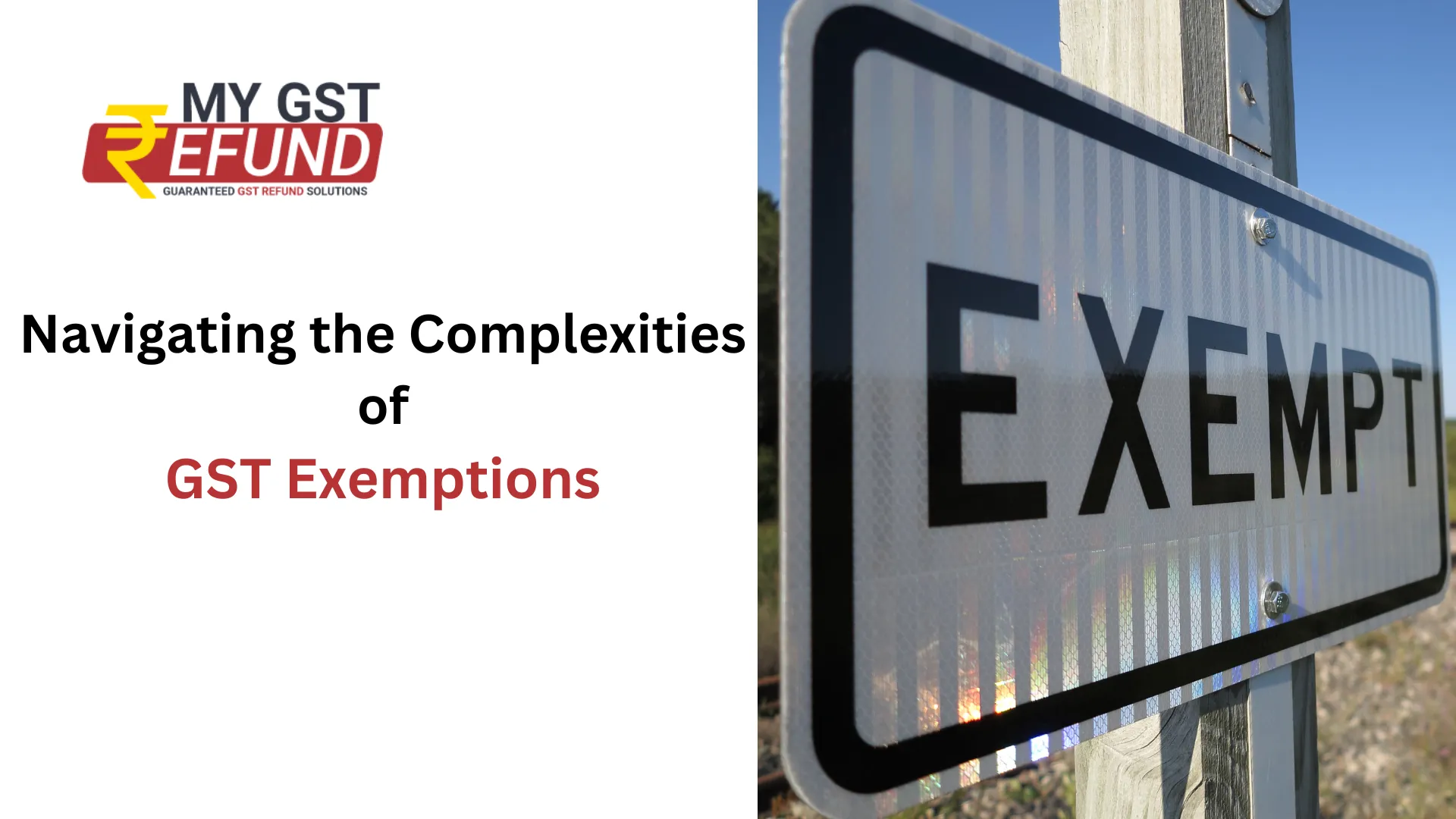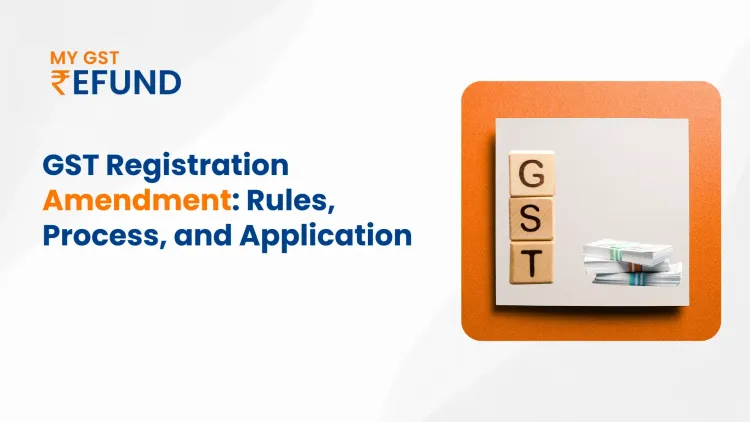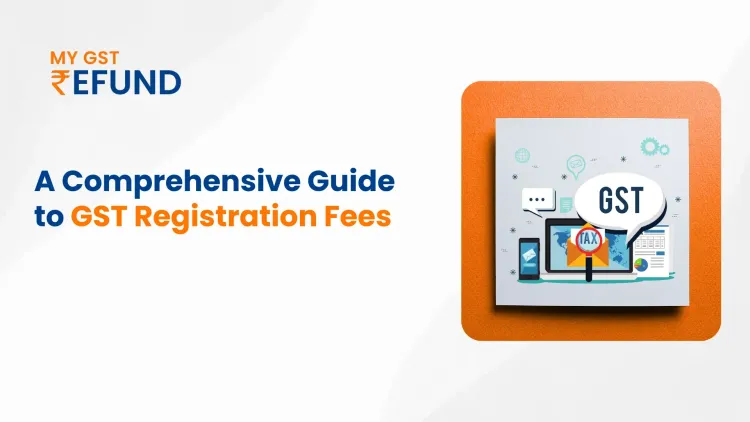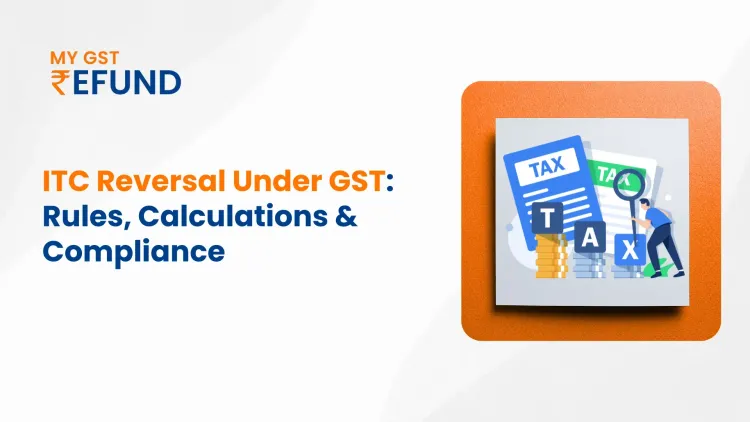Navigating the Complexities of GST Exemptions
Published on: Wed Apr 17 2024
Bio (Reveal/Hide)

Navigating the Complexities of GST Exemptions
The Goods and Services Tax (GST) has been a game-changing reform in India's indirect tax landscape since its implementation in 2017. While the GST system has brought about a more streamlined and efficient tax structure, the government has also provided certain exemptions to ensure that specific sectors, products, and services remain outside the ambit of this comprehensive tax regime. These exemptions play a crucial role in supporting various economic activities, reducing the tax burden on essential commodities, and promoting social welfare.
In this article, we will delve into the complexities of GST exemption, exploring the different categories of exemptions, the rationale behind them, and the key considerations for businesses and consumers navigating this complex landscape.
What is Exempt Supply?
Under the Goods and Services Tax (GST) framework, an "exempt supply" refers to the supply of goods or services that are not subject to the levy of GST. In other words, these supplies are completely excluded from the GST net, and the supplier is not required to charge GST on such transactions.
The exemptions from GST are provided under Section 11 of the CGST Act, 2017, which empowers the government to notify the goods and services that are to be exempted from the payment of GST. These exemptions are primarily aimed at ensuring the affordability of essential goods and services, supporting specific industries, and promoting social and economic development.
Classification of Exemptions
GST exemptions can be broadly classified into the following categories:
1. Exemptions for Goods:
Food items: Cereals, pulses, dairy products, fresh fruits and vegetables, and other unprocessed food items are exempt from GST. According to government data, the exemption on basic food items has resulted in an estimated annual savings of ₹35,000 crore for Indian consumers. Healthcare: Medicines, medical devices, and other healthcare-related items are exempt from GST. Education: Textbooks, notebooks, and other educational supplies are exempt from GST. Agricultural and Farming Inputs: Seeds, fertilizers, agricultural machinery, and other farm inputs are exempt from GST.
2. Exemptions for Services:Healthcare:
Medical services, including hospital services, are exempt from GST. A study by the National Health Authority (NHA) found that the GST exemption on healthcare services has helped to reduce the out-of-pocket expenditure of households by an average of 12% since the implementation of GST.Education: School and university education, as well as certain vocational training programs, are exempt from GST.Financial Services: Basic banking and insurance services are exempt from GST.Charitable and Religious Activities: Services provided by charitable and religious organizations are exempt from GST.
3. Exemptions for Specific Sectors:
Small Businesses: Businesses with an annual turnover below the prescribed threshold (currently ₹40 lakhs for goods and ₹20 lakhs for services) are exempt from GST registration and payment.Handicrafts and Handlooms: Certain handmade products, such as handicrafts and handloom textiles, are exempt from GST. According to the Textile Ministry, the GST exemption has led to a 15% increase in the sales of handloom and handicraft products since 2017, benefiting over 35 lakh artisans across the country. Transportation: Services related to the transportation of passengers and goods, such as rail, road, and air travel, are exempt from GST.
Types of Exemptions
The GST exemptions can be further categorized into two types:
1. Absolute Exemption:
Absolute exemptions refer to supplies that are completely exempt from GST, regardless of the circumstances or the nature of the transaction.
Examples include basic food items, essential medicines, and services provided by charitable organizations.
2.Conditional Exemption:
Conditional exemptions are subject to certain criteria or conditions that must be met for the exemption to apply.
Examples include exemptions for small businesses, handicrafts, and some transportation services, which are dependent on the annual turnover or the nature of the product or service.
Treatment of ITC if supply is exempt
The treatment of Input Tax Credit (ITC) in the case of exempt supplies is a crucial aspect of the GST regime. Generally, the ITC on inputs and input services used for making exempt supplies is not available to the supplier.
However, there are certain exceptions and conditions where ITC can be claimed on inputs and input services used for making exempt supplies:
ITC on Inputs and Input Services:If the inputs and input services are used for making both taxable and exempt supplies, the ITC can be partially availed, based on the ratio of taxable and exempt supplies.The supplier must maintain separate accounts for taxable and exempt supplies to determine the eligible ITC. ITC on Common Inputs and Input Services:For common inputs and input services used for making both taxable and exempt supplies, the ITC can be availed in the proportion of the taxable supplies to the total supplies (taxable and exempt). This is known as the "Partial Reverse Charge Mechanism" and is governed by Rule 42 of the CGST Rules, 2017. ITC on Capital Goods: ITC on capital goods used for making both taxable and exempt supplies can be availed in the proportion of the taxable supplies to the total supplies. This is governed by Rule 43 of the CGST Rules, 2017.
How to determine the credit attributable to exempt supplies?
To determine the ITC attributable to exempt supplies, businesses must follow a systematic approach:
Identify the inputs and input services used for making exempt supplies. Determine the total value of exempt supplies and the total value of all supplies (taxable and exempt). Calculate the ratio of exempt supplies to total supplies. Apply this ratio to the total ITC available to arrive at the ITC attributable to exempt supplies.Reverse the ITC attributable to exempt supplies from the total ITC available.
By following this process, businesses can ensure compliance with the GST regulations and avoid any potential issues with ITC claims.
FAQs
Can a business claim ITC on inputs and input services used for exempt supplies?
Generally, the ITC on inputs and input services used for making exempt supplies is not available. However, there are exceptions where ITC can be partially claimed based on the ratio of taxable and exempt supplies.
How are GST exemptions classified?
GST exemptions can be classified into three broad categories: exemptions for goods, exemptions for services, and exemptions for specific sectors.
Can a supply be exempt under one GST law and not another?
No, if a supply is exempt under one GST law (CGST, SGST, or IGST), it is considered exempt under all the other GST laws as well, ensuring a harmonized application of exemptions.
Related Posts






